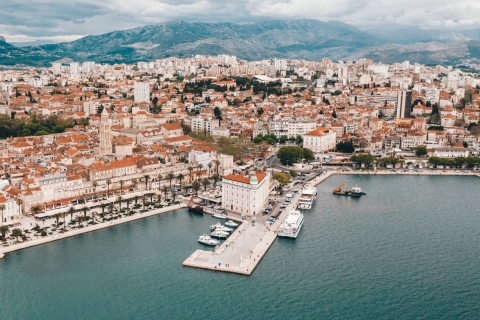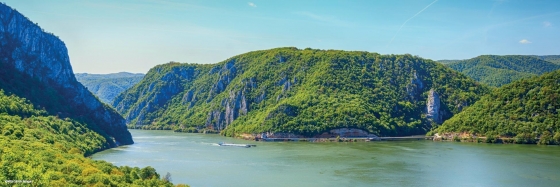Pula Weather and Climate: A Comprehensive Guide
Due to Pula's protected location, there is a mild Mediterranean climate that creates mild summers and gentle winters. The best travel time to Pula is in May, June and September. Avoid the hot summer months (July and August) and fall can be quite wet.
Average maximum day and minimum night temperature
In Pula, temperatures differ significantly between summer and winter months. Typically, average maximum daytime temperatures range from a comfortable 27°C in August to a chilly 10°C in the coolest month, February.
Nights are cooler, with lows often dropping to around 6°C during the colder months.Check out our detailed temperature page for more information.
Temperature ranges by month
Precipitation and rainy days
Pula experiences significant rainfall throughout the year, averaging 1140 mm of precipitation annually. The climate in Pula shows significant variation throughout the year. Expect heavy rainfall in November, with an average of 168 mm of precipitation over 13 rainy days.
In contrast, July offers drier and sunnier days, with around 45 mm of rainfall over 10 rainy days. For more details, please visit our Pula Precipitation page.The mean monthly precipitation over the year, including rain, hail and snow
Sunshine over the year
For those who appreciate different seasons, Pula serves as an ideal destination. Expect longer, more sun-filled days in July with an average of 10.0 hours of sunshine daily, and embrace the darker days in January, offering only 3.0 hours of daily sunlight.
Visit our detailed sunshine hours page for more information.
Monthly hours of sunshine
Daily hours of sunshine
Average water temperature
The mean water temperature over the year ranges from 10°C in February to 25°C in July.
Water temperature over the year
Forecast for Pula



Select a Month of Interest
Check the conditions for any month of the year.
The best time of year to visit Pula in Croatia
During the months of May, June and September you are most likely to experience good weather with pleasant average temperatures that fall between 20°C and 26°C.Other facts from our historical weather data:
August has an average maximum temperature of 27°C and is the warmest month of the year.
The coldest month is February with an average maximum temperature of 10°C.
November tops the wettest month list with 168 mm of rainfall.
July is the driest month with 45 mm of precipitation.
July is the sunniest month with an average of 300 hours of sunshine.
No idea where to travel to this year? We have a tool that recommends destinations based on your ideal conditions. Find out where to go with our weather planner.



